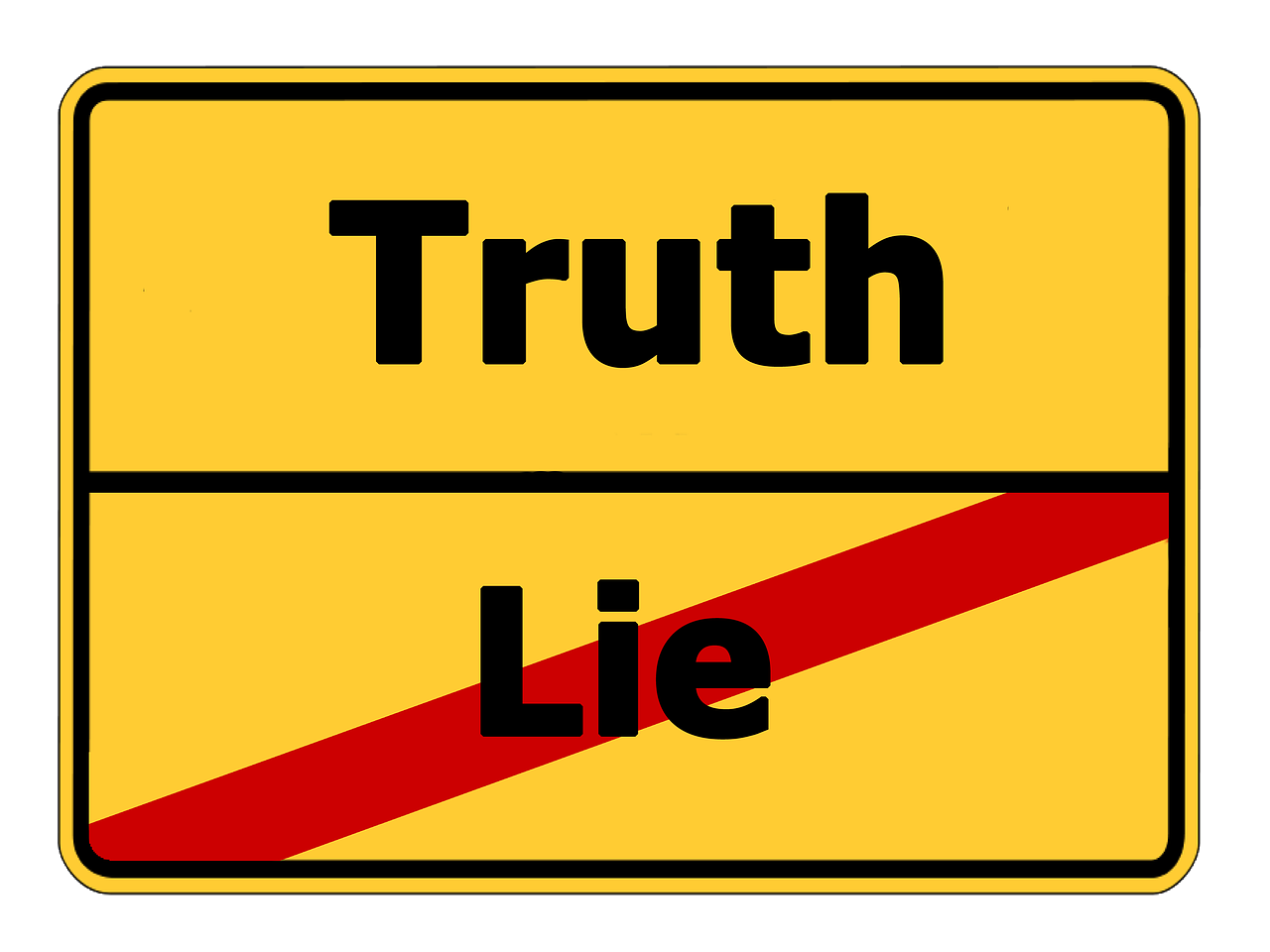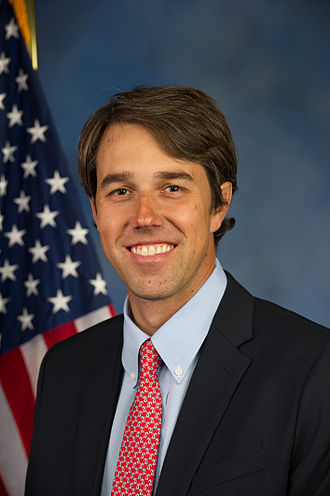
Photo: group of pledge signers writing letters encouraging public figures to take the pledge
What prompted people to take the Pro Truth Pledge?
There were a variety of reasons that people took the pledge and these are listed below in no particular order of merit or importance:
One thing seems clear. People take the pledge because they want to be part of something important and to be able to take some action that could alter what they perceive as the current public discourse of media, politics, and other information characterized by bias and misinformation. Pledge-takers are concerned with statements whose intention is simply to promote one viewpoint over another, or misinformation which is designed to sway our view and understanding of a topic so that if benefits either some political cause or some economic venture.
That ability to take action seems central to much of what is happening today in various movements worldwide where people seek to take more control over their lives and how they are governed. They are seeking democracy in its purest form.
Media
Starting with media, we can make a distinction here between the “mainstream” press, namely newspapers, magazines, television and radio controlled by the major media corporations, and what might be called the media of the people. The latter includes blogs, podcasts, and various social media platforms that are easily accessible to most people and provide a forum for them to express their views. It also provides an opportunity for things that matter to gain traction if people identify, agree and begin to share common ideas. The role of social media in bringing about the sweeping changes of the Arab Spring was profound, and demonstrates the reason why it is subject to strict control in some countries.
The Pro-Truth Pledge can be seen as one such opportunity to share common ground and principles which will guide how we relate to each other and in pursuit of a democratic freedom to have our voice heard and try to influence those in power to adopt the same values and behaviours
Michael DeCandia “I feel that science and critical thought are the life blood of society. These methods carry us through difficult times and help us progress as a society. The spread of fake news threatens this in my mind, so I felt it was necessary to do something. I was looking for a cause to combat misinformation when I saw an advertisement for the PTP.”
Nora Naurava “I didn’t want any biases. I may have to grab at unworthy reporting of events.
Ishi Crew “I took it for the same kind of reasons I vote and even pick up trash around here if it’s easy (sometimes as part of group that does an annual Clean the Park Day, though I mostly do it by myself because I don’t like seeing pollution—I would hope one day people can just pick up their own trash.)
A lot of media around here is a kind of air pollution—and to an extent, I blame the FCC for that as well as those who wrote the legislation for how FCC regulates the airwaves.
I could see the Pro-Truth Pledge eventually having some effect on that process–because it could influence what politicians do, and also who votes for them. (As Gleb has said, this is not too different from efforts like “Silent Spring” or the 60s March on Washington. Just a statement.) They say ‘The price of democracy is eternal vigilance.’ For most people, it seems that’s too expensive. I guess things like voting by computer as is done in Oregon, and having easy tools to ‘fact-check’ may lower the price.”
Politics
There would appear to be a growing level of discontent with the state of politics around the world. Increasingly, people are becoming more vocal about this as various protest movements and marches demonstrate frustration at how out of touch politicians are with the people they are elected to represent. Social media has played its part here as well with the development of electronic petitions, which seek to galvanize public opinion into pressuring politicians or other groups to acquiesce to demands. At times, this has been effective. It is clear, however, from many exposé and news articles that politicians rarely say what they will do or do what they say.
Jim Lentz “I was motivated by the current political environment and my need to do something other than complain about it. The pledge seemed like a small, no risk act to demonstrate my support of principles that I believe in.”
Karen Wiley “I was motivated because of the inundation of ‘alternative facts’ coming out of Washington and all over Facebook during the campaigning.”
Joe JB Shaver “Having been exposed to our very partisan and dysfunctional political arena that is filled with hyperbole and falsehoods, it was extremely motivating to pursue an alternative course.”
Eric Evans “Shortly after I joined the Facebook group, “Indivisible Wisconsin,” I began to post comments on political events and actions at the local and national levels. One of my first comments was about the violent and deadly demonstration, by a group of white supremacists and white nationalists, in Charlottesville, Virginia. A member of Indivisible Wisconsin, who disagreed with my comment, questioned whether I knew what I was talking about. In my defense, I posted links to several reputable newspapers that reported the factual information on which I based my comment. The person, who had questioned whether I knew what I was talking about, did not respond. Since that initial experience on Facebook, I continue to include references to legitimate news sources, to support comments that I post on social media. In addition, I fact-check posts that other people place on Facebook, before I comment on them. I have and will warn and then “Unfriend” people on Facebook, who repeatedly post comments and/or information to my timeline which my fact-checking reveals is false.
Personal
When I was growing up it seemed like knowing the difference between right and wrong or good and bad was important, it was something of a moral compass, a sign of a good upbringing. Now society has grown to adopt an attitude of “if it’s alright for you then that’s fine” as a means of combating what some experienced as a judgemental society. Some would say this freedom has enabled us to be more truthful about who we are and what we believe. However, this perspective has potentially created some difficulties for us in how we relate to each other and find common ground on things that we can agree as fact and truth.
Valuing each other as well as ourselves has of course gained traction as tolerance has developed and groups like Hope not Hate strive to support a culture of inclusiveness, and this is to a large extent based on the evidence of truth or fact in combating false views of others. The pledge is seen by some as a statement of their intent to follow a path that seeks facts and evidence and does not rely on ill informed and preconceived notions. They seek values which will support their personal relationships whether with self or others that is first and foremost about the truth.
Jami Miller “I have severe mental illness. Most of the time, I am stable. My medication helps, but doesn’t cure it and doesn’t prevent episodes. If I’m having a very bad episode, I can’t count on my own brain to tell me the truth of what is really happening. Truth, reality, the difference between possible and not possible; that line can be very blurry for me. During these times, I have no choice but to rely on trusted people around me, to help me bridge that gap.
So, basically, I’ve been fighting my own brain for truth all my life. Sometimes, I win. Sometimes, I think lizard people might actually exist, but then I come back and win again. Fighting for truth has been a lifelong struggle for me.”
Russell Frizzell “No surprise here, Stephanie is the visionary in our family. I took the pledge to please her. This is no trivial point; popular characters will lead way more people down a good path than unpopular leaders could.”
Ishi Crew “For me, scientists and musicians have been more influential than politicians in shaping my views—my social and political views follow directly from the sciences I read, music I listen to, and places I hike. It’s a different path to the ‘truth’ as I see it. A lot of people don’t see that—they think if you don’t show up at a meeting you won’t learn the truth. That is similar to saying if you don’t vote or sign a petition you can’t complain, are a-political, and part of the problem rather than the solution. I’m agnostic, so I sometimes vote and sign petitions.
Diane Wilkinson Trefethen “I joined because ever since I was 6 years old I’ve tried to be a truth teller. Now almost 70 years later, I’m more convinced than ever that even when telling the truth up front hurts, it surely beats eating cold crow later.
Linda L. Allen “I have always hated when anyone lied to me: parents, preachers, lovers, politicians. Second, I was trained as a scientist, a MS in biology focused on experimentation. I find truth and reality fascinating. Why pollute them?”
Cory Frost “Fear that as campaigns of misinformation become the norm we may see a Fourth Reich in America.”
Mark and Suzanne Eastburn “Without truth there is no meaning.”
Ashley Rooney “Telling the truth is the most important thing. It’s the only way to determine what works and what doesn’t.”
What led you to take the Pro-Truth Pledge? Let us know in your comments!













